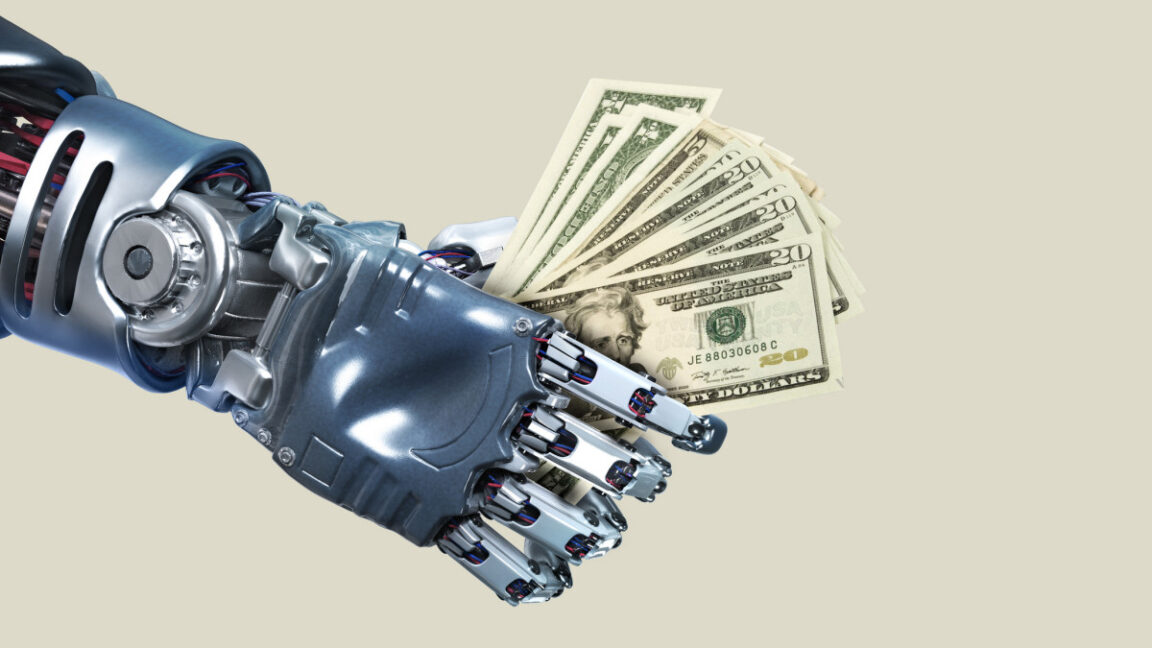AI Salaries Eclipse Historic Projects: A New Era in Tech Compensation

In a rapidly shifting technological landscape, salaries within Silicon Valley's AI sector have reached heights that overshadow even the most famed scientific endeavors of yesteryear. Recently, Meta extended an unprecedented offer of $250 million over four years to AI researcher Matt Deitke, eclipsing compensation benchmarks set during projects like the Manhattan Project and the Space Race. This figure includes a potential $100 million payout in the first year alone.
Deitke, who co-founded startup Vercept and pioneered the creation of Molmo—a sophisticated AI system at the Allen Institute for Artificial Intelligence—found himself at the center of a bidding war fueled by technological ambitions. As companies race to realize artificial general intelligence (AGI) or superintelligence, the stakes are higher than ever. Meta CEO Mark Zuckerberg's recent billion-dollar offer to another AI engineer underscores how critical these experts are perceived to be in shaping the future.
This new compensation paradigm is fueled by the pursuit of AGI, a technology poised to surpass human intellectual capabilities. The age-old mantra of investing in personnel to achieve innovative disruption is fervently alive, as demonstrated by these lucrative offers. Major industry names like Google, OpenAI, and Meta are competing ferociously to lead this AI-driven free-for-all, hoping to capture a burgeoning market predicted to be worth trillions.
Historically, the disparity in salaries is striking. J. Robert Oppenheimer, coordinator of the Manhattan Project, received about $10,000 annually in 1943—a stark contrast to Deitke's result in inflation-adjusted dollars.
Even celebrated athletes can't rival such compensation dynamics. The New York Times highlighted how Steph Curry's recent NBA contract fell short compared to Deitke's Meta deal. Meanwhile, Cristiano Ronaldo still tops the charts as the world's highest-paid athlete.
Mark Zuckerberg has expressed that continued investment in AI talent reflects Meta's belief in AI's transformative potential. The vision for superintelligent AI described as a harbinger of a new era of personal empowerment remains an elusive target.
The stakes for achieving AGI first are insurmountably high, and AI experts are more than just the high-paid professionals of the digital age. If AI developers achieve their goals, the companies they represent might not just advance but transform the industry, pushing boundaries beyond what was conceivable during historic projects.
The disparity extends back to technical pioneers like Thomas Watson Sr. and groups like the Traitorous Eight, whose foundational efforts laid Silicon Valley's bedrock. These early innovators earned far less than today's tech trailblazers.
The narrative extends even into the Space Race. The salaries of Apollo astronauts seem minimal next to modern AI researchers' earning power. Neil Armstrong, who famously walked on the moon, earned what today's AI talent might view as a starting salary.
Today, driven by a talent pool scarcity amid an industry-wide focus on AGI development, technical expertise fuels its own market dynamics. Recent developments have stirred young researchers to organize, sharing insights on compensation strategies and negotiation through informal networks, signaling a significant cultural shift in the field.
The AI industry's never-ending pursuit for innovation and dominance may mimic the race of the 20th century's technological quests, yet the destinations they seek remain boundless. Whether these efforts produce the ultimate technology or drive merely reflects the vast economic ventures, it seems we're headed far from Apollo’s low-cost paydays.



